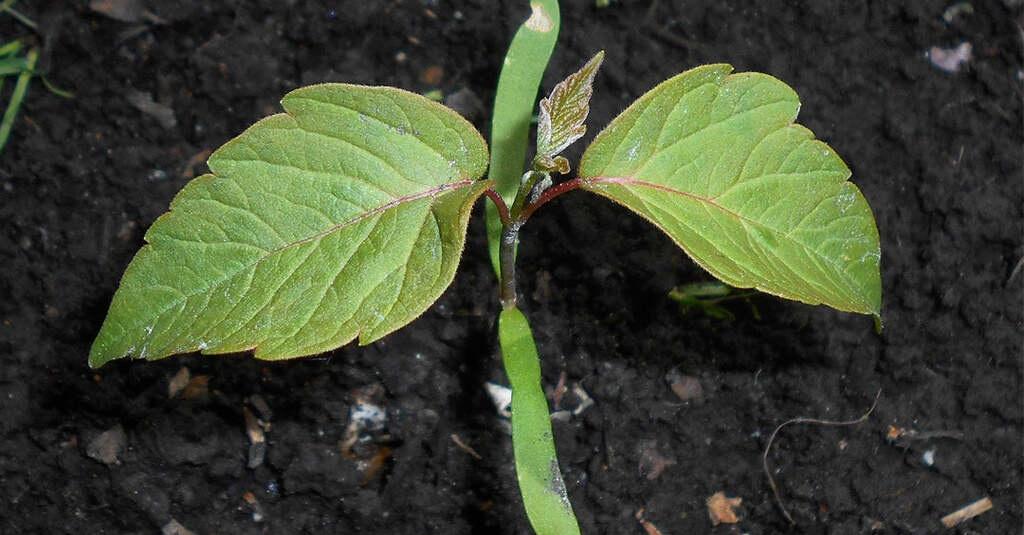Cough is a natural reflex action of our body to clear pathogens. It is through coughing that our body eliminates mucus and irritants from the airway. Cough may or may not be associated with phlegm. When we get phlegm with cough, it is called productive cough. The most common cause for this type of cough is bacterial infections. A dry cough or non-productive cough is a result of irritation in the airway. Triggers for dry cough are infections, smoking, allergies, and pollution. There are many home remedies to treat dry cough, but do experts in pulmonology approve of these ways? Let us explore here.
Causes of dry cough:
The obvious reasons behind dry coughs are as follows.
- Our airways overreact to dust and environmental pollutants
- The stomach acids back up and cause throat irritation
- Excess mucus from the sinuses drips down the throat and causes dry coughs
- Viral infections
- Environmental irritants like smoke and dust
- ACE inhibitors – blood pressure medicines.
Symptoms of dry cough:
It is presented as a persistent cough that does not emit mucus. A dry cough gives the following symptoms as well.
- There will be a tickling sensation in the throat
- It is common to experience an itch in the throat
- There will be a sensation of clearing the throat often
- Hoarseness in the voice
- Soreness and a sense of discomfort in the throat
- The cough gets stronger at night and disturbs sleep
Dry cough – common home remedies
As we can see, the most common causes of dry cough are environmental allergies and infections. The best way to handle them is to consult an expert in pulmonology and take appropriate treatment. Below are some of the home remedies to handle dry cough. At times, they are proven to be beneficial as well. Here are these remedies:
- Taking honey to soothe sore throats.
- Gargling with warm water
- Steam inhalation
- Taking ginger to relax the airway
- Peppermint to soothe the irritated throat
- Turmeric to fight against pathogens
It is also advisable to make use of air purifiers at home to deal with dust, pollen, and pet dander. We can also use a cool mist humidifier to heat the air to relieve irritation in the throat. We can also avoid smoke that could worsen the dry cough.
Medical treatment for dry cough
Though home remedies help to improve the symptoms of dry cough, this is not the ultimate treatment. Experts in pulmonology suggest taking proper medical care by diagnosing its underlying cause. This will render a long-term cure to the cause and also prevent its relapse. Medical treatments for dry coughs are as follows.
- Decongestants will relieve the nose and the sinuses. They will mitigate the postnasal drip that irritates the throat.
- Cough suppressants will help block the cough reflex. This soothes the throat and allows the individual to sleep peacefully at night.
- Oral antihistamines help to deal with seasonal allergies.
- Those with asthma history can be given corticosteroid inhalers to help relieve the irritation.
- Experts in pulmonology will also prescribe antibiotics to handle infections.
- Doctors also prescribe acid blockers to deal with acid reflux.
Bottom Line:
A dry cough can be extremely irritating, especially in the night. In many cases, simple home remedies such as steam, honey, and soothing herbs do not relieve the condition. It is mandatory to get help from an expert in pulmonology to handle dry coughs. He will prescribe medicines according to the underlying cause to dampen the cause. Untreated and chronic cough with an underlying pathology is dangerous as it might lead to complications.



